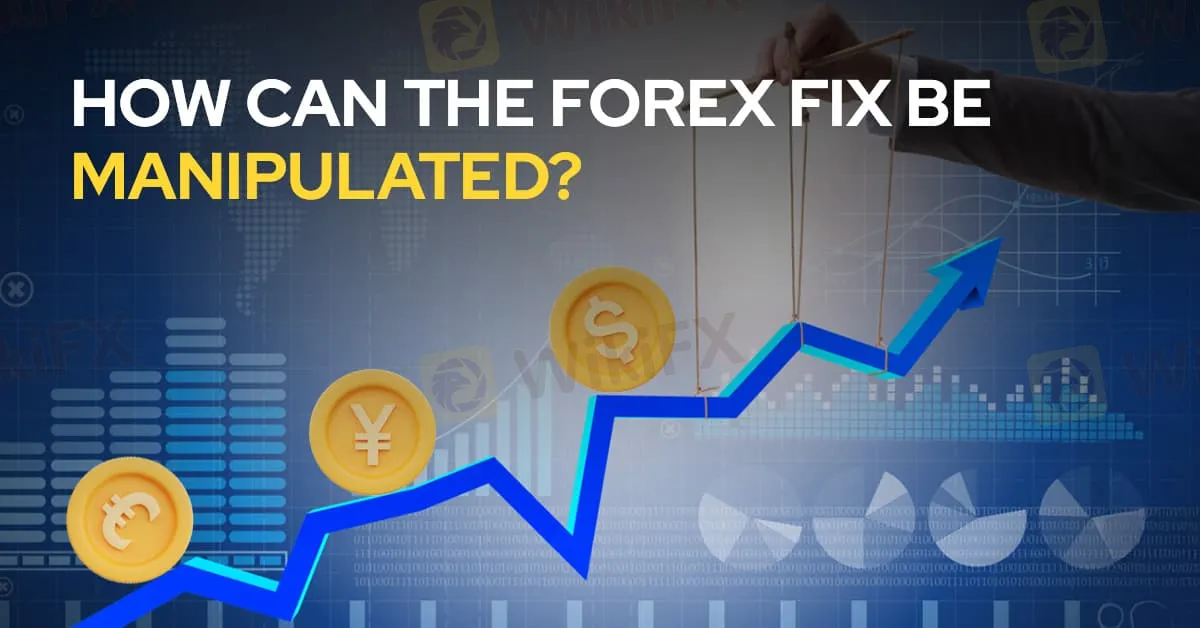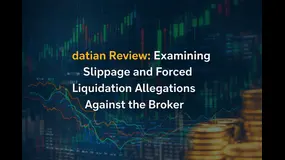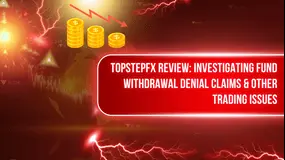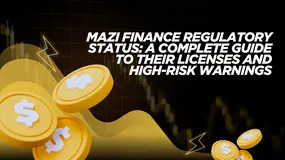WikiFX Valentine's Message | Trade Safely, Together Every Step of the Way
In the Forex Market, Trust Is Not a Promise — It’s Verified Through Safety, Transparency, and Support
简体中文
繁體中文
English
Pусский
日本語
ภาษาไทย
Tiếng Việt
Bahasa Indonesia
Español
हिन्दी
Filippiiniläinen
Français
Deutsch
Português
Türkçe
한국어
العربية
Abstract:The forex fix serves as a critical benchmark for currency valuations, impacting trillions of dollars in transactions daily. However, its reliance on real-time market activity makes it susceptible to manipulation. Understanding the mechanisms behind this manipulation is essential for investors and regulators alike.

The forex fix serves as a critical benchmark for currency valuations, impacting trillions of dollars in transactions daily. However, its reliance on real-time market activity makes it susceptible to manipulation. Understanding the mechanisms behind this manipulation is essential for investors and regulators alike.
Understanding the Forex Fix
A forex fix is a benchmark rate determined at a specific time, typically based on trades executed within a narrow time window. The most widely referenced fix is the WM/Reuters fix, established at 16:00 GMT. This rate plays a pivotal role in pricing various financial instruments and can influence global markets, making it a focal point for traders and asset managers.
How Manipulation Occurs
Consequences of Manipulation
Manipulation of the forex fix can have far-reaching implications:
Conclusion
While the forex fix is designed to provide a fair and accurate benchmark for currency valuation, its susceptibility to manipulation poses significant risks. Awareness of these manipulation tactics is crucial for all market participants. As the forex landscape evolves, ongoing vigilance and regulatory oversight will be essential to maintain the integrity of this vital financial mechanism.

Disclaimer:
The views in this article only represent the author's personal views, and do not constitute investment advice on this platform. This platform does not guarantee the accuracy, completeness and timeliness of the information in the article, and will not be liable for any loss caused by the use of or reliance on the information in the article.

In the Forex Market, Trust Is Not a Promise — It’s Verified Through Safety, Transparency, and Support

Did you face losses due to a sudden change in the trading price on the datian platform? Were your transaction records deleted by the Hong Kong-based forex broker? Did the broker liquidate your trading account multiple times despite not reaching the stage where it mandated this move? Have you experienced heavy slippage on the trading platform? Concerned by these issues, traders have complained about the broker online. We will let you know of these with attached screenshots in this datian review article. Keep reading!

Did you face constant rejections of your fund withdrawal applications by TopstepFX? Have you been denied withdrawals in the name of hedging? Did you witness an account block without any clear explanation from the forex broker? There have been numerous user claims against TopstepFX regarding its withdrawals, payout delays and other issues. In the TopstepFX review article, we have investigated the top complaints against the US-based forex broker. Keep reading!

When choosing a broker, the first question is always about safety and legitimacy. Is my capital safe? For Mazi Finance, the answer is clear and worrying: Mazi Finance is an unregulated broker. While the company, MaziMatic Financial Services LTD, is registered in the offshore location of Saint Lucia, this business registration does not replace strong financial regulation from a top-level authority. Independent analysis from regulatory watchdogs shows a very low trust score, made worse by official warnings from government financial bodies and many user complaints about serious problems. This article provides a clear, fact-based analysis of the Mazi Finance regulation status. Our goal is to break down the facts and present the risks clearly, helping you make an informed decision and protect your capital.
